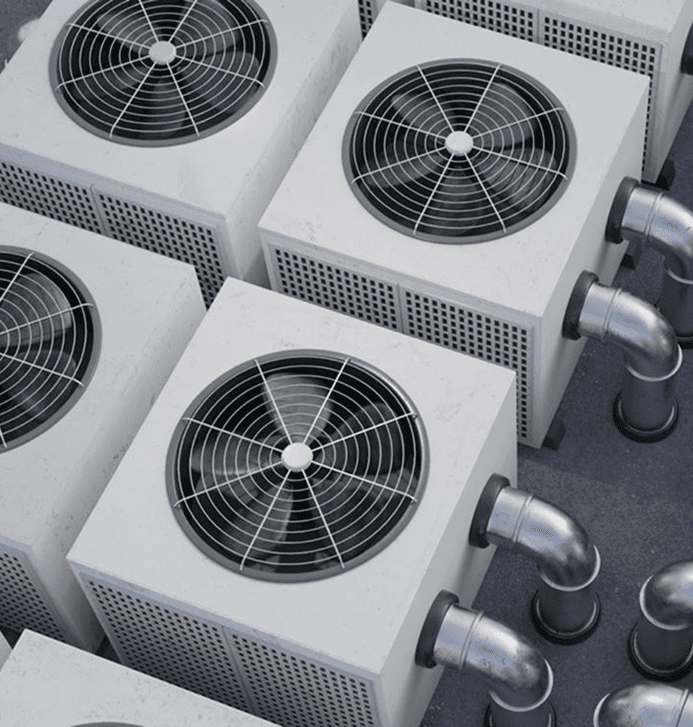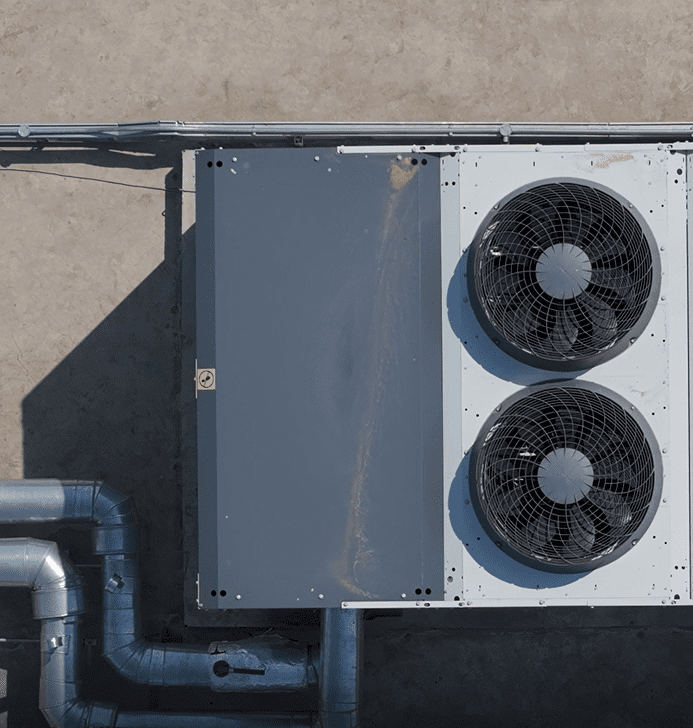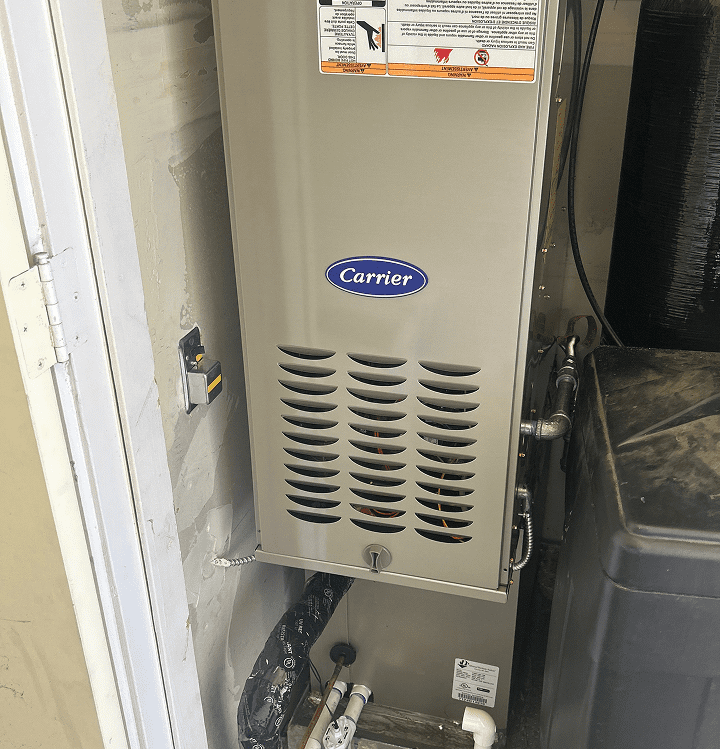How Different Factors
Affect Your AC System's
Performance
If you want your air conditioning (AC) system to keep you cool without running up your energy bills, it’s important to understand what can affect its performance. Here’s a breakdown of the main factors that influence how well your AC works:
1. Regular Maintenance and Clean Filters
One of the easiest ways to keep your AC running smoothly is with regular maintenance. Dirty filters are a big culprit in reducing airflow, making your AC work harder than it needs to. Replace your filters regularly to improve airflow, keep the air fresh, and boost your AC’s efficiency. Don’t forget to clean the coils too – dust buildup can mess with your system’s ability to cool your space
2. Thermostat Settings and Energy Savings
The way you set your thermostat plays a big role in how much energy your AC uses. If you set it too low, your AC will run constantly, driving up your energy bills. For the best balance of comfort and savings, aim for around 78°F (25-26°C) in the summer. Your AC will thank you!
3. Right Size, Right Cooling Power
A common mistake is choosing an AC system that’s too small or too large for your space. An undersized system will struggle to cool your home, while an oversized unit can lead to short cycling (where it turns off and on too often), which is inefficient. Getting the right size for your space ensures your AC works efficiently and lasts longer.
4. Insulation and Ventilation Matter
Good insulation and ventilation are key to making sure your AC doesn’t have to work overtime. If your home is poorly insulated, cool air escapes, and warm air sneaks in, making your system work harder. Proper insulation helps keep things cool without overloading your AC.
5. Sunlight and Heat
If your home gets a lot of direct sunlight, your AC has to work harder to keep things cool. Blocking out sunlight with blinds or shades helps reduce the load on your AC. Also, things like ovens or electronics can add extra heat to your home, causing your AC to kick in more often. Try to minimize extra heat sources where you can.
6. AC Age and Efficiency
Just like any appliance, an older AC unit will naturally become less efficient over time. Older systems tend to use more energy to cool your home, which can lead to higher bills. If your system is getting up there in age, it might be time to consider an upgrade to something more energy-efficient.
7. Airflow and Ducts
Make sure the airflow in your home is free and clear. Blocked vents, ducts, or filters can prevent air from flowing properly, which means your AC has to work harder to cool things down. Check for any obstructions and make sure your ducts are sealed to keep the air moving efficiently.
8. Hot Weather and Humidity
Sometimes, extreme weather or high humidity can make your AC work harder. If the temperature outside is scorching, your AC has to do a lot more to cool things down inside. This is especially true during heatwaves, so be sure your AC is ready to take on the extra stress with regular maintenance.



To keep your AC running at its best and avoid those sky-high energy bills, make sure you’re taking care of the basics – like regular maintenance, keeping filters clean, and setting your thermostat wisely. With just a little care, your AC will keep you cool and comfortable, season after season.
Need help with your AC? Contact us today to make sure your system’s running like it should!



